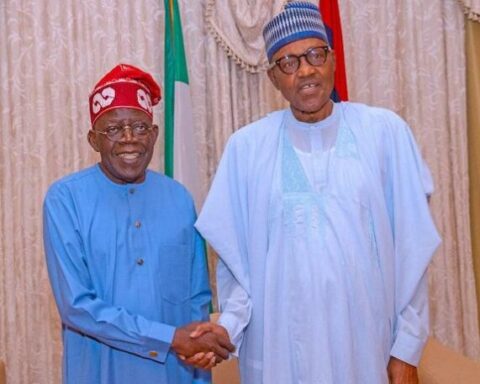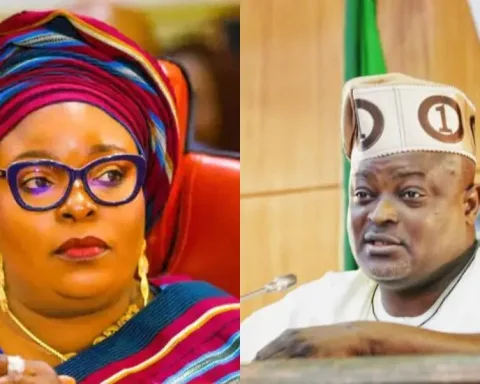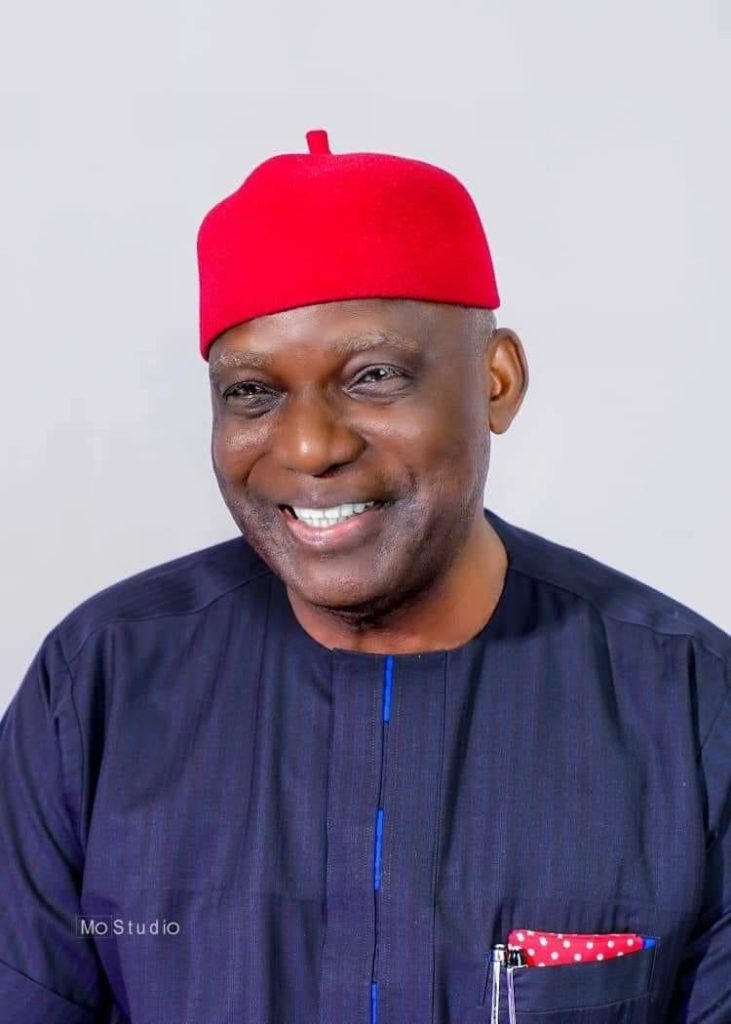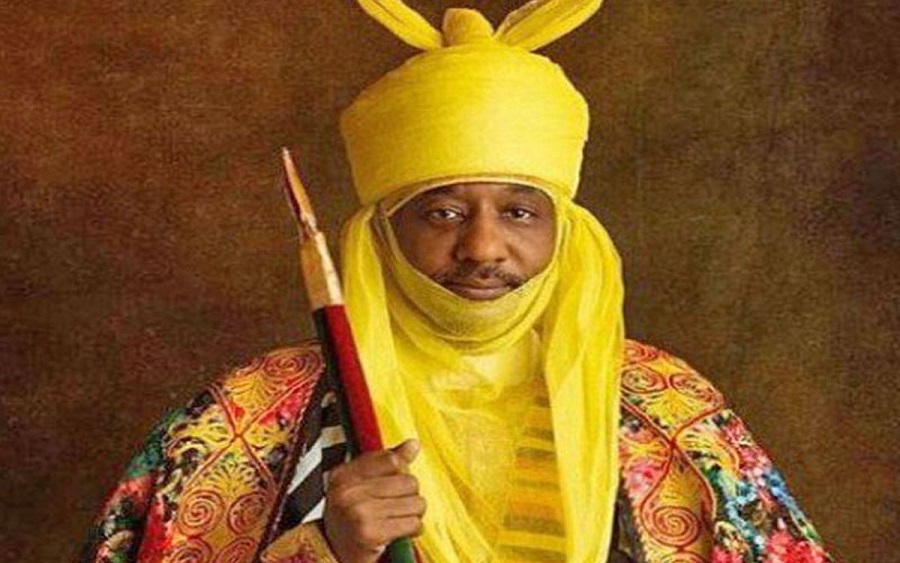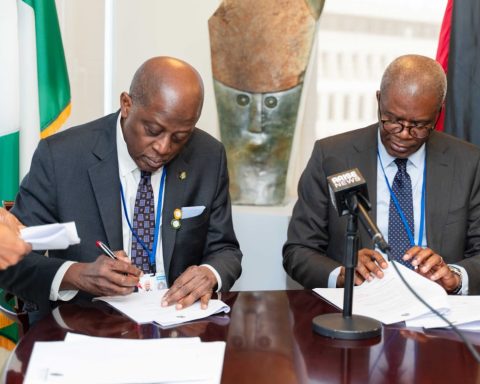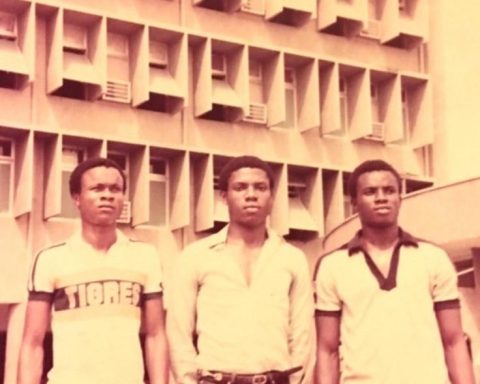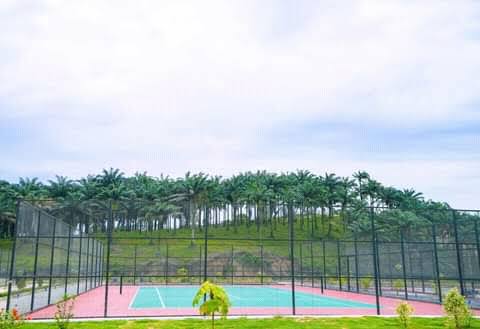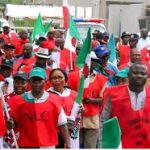Early in the week, some scary news made the rounds that the Nigerian government was lobbying the National Economic Council (NEC) members, mainly governors, to support its plan to increase fuel prices to N1, 000 per litre. A month before, it also came to light that government was still doling out cash to subsidize fuel imports, against President Tinubu’s inauguration day subsidy-is-gone song. The plan to increase fuel price is therefore to help government to offset the current subsidy payments, amidst lingering scarcity of fuel products in some parts of the country. As usual, many denials and more allegations trailed the news of the planned fuel price hike.
Join our WhatsApp Channel
But that is not the real issue
The real issue is that government keeps falling back on fuel prices to solve its economic troubles. The federal government has become too fixated on quick fix and halfhearted measures such as fuel price hikes, removing import tariffs on consumer goods, and releasing money to governors to buy food. These measures only push the burden to the ordinary consumer, who is never given a real chance to help government to produce wealth, not just consume wealth.
READ ALSO: Petrol Pump Price May Hit ₦1000 – Sources
Countless epistles have been written by those who know, and who see the albatross that government has become in its shortsighted economic measures. For over a decade now, many writers had warned about the looming economic catastrophe. They are still warning.
Recently, government removed import tariff on rice, wheat and similar products. This was part of a two trillion naira package aimed at providing subsidy to local farmers, boosting agriculture and domestic food production. According to the agriculture Minister, Mohammed Abubakar: “Our goal is to reduce dependence on food imports by enhancing local production. By supporting our farmers and improving infrastructure, we can achieve food self-sufficiency and create jobs.” Part of the agricultural boost is also to reduce inflation by regulating transportation costs and reducing taxes on agricultural inputs.
What is more?
Abubakar acknowledged that conflicts and banditry have disrupted agricultural activities and exacerbated food shortages in farming regions.
It is highly commendable that the FG has recognised the impact of banditry on the food belts in Nigeria. For too long, it had kept silent in what began to look like complicity. We however disagree with those praising the suspension of tariffs, not because the tariffs are not good measures, but because they will also unduly pressure the remaining foreign exchange. Recall that the National President of the Nigerian Association of Chambers of Commerce, Industry, Mines, and Agriculture (NACCIMA), Dele Oye, had praised the FG for the tariff removal. Happily, however, Oye acknowledged that removing tariffs was in itself a quick fix mechanism, with long term negative impacts as noted above.
His words: “However, while we applaud these measures, it is imperative that the government immediately engages with stakeholders across the agricultural value chain. Food import will put pressure on scarce foreign exchange. Increased imports can lead to a reduction in demand for domestic products, which can negatively impact domestic industries. Secondly, an over-reliance on imported food can be detrimental to domestic food stability, especially in countries with limited biophysical resources.
READ ALSO: Nigeria To Repay $30bn For $2.5bn IMF Loan – See Why And How
Data on the consumer price index as reported by the National Bureau of Statistics indicated that Nigeria spent N1.47tn on importing food and beverages in the first six months of 2023. Conversely, in 2021, we spent about N1.9 trillion. In 2022 and 2023, we spent about N2 trillion each year importing food, about 7% of the national budget.
Government has Proven Capacity to Act Fast If it wants to
Until recently, no one had heard anything from the government about its plans to resolve the security impasse in all the food belts of Nigeria. May it not just end a verbal response to the rising ride of accusations of complicity against the federal government about insecurity. The eight years of Buhari witnessed such accusations, without any effort to either disprove the allegations or to address it. At its 139th meeting in February held virtually and chaired by Vice President Kashim Shettima, NEC promised to arrest the economic challenges confronting the nation, including making fertilizer available to farmers and the establishment of Agro-Rangers to tackle insecurity in farms. This should not take time to achieve.
Issues on LG autonomy, the old national anthem, amending the Electoral Act, concluding election petitions court cases, arresting opposition politicians, destroying illegal refineries, quelling of civil protests, pulling down markets and residential buildings to build motor parks and roads, etc. These are cases that didn’t take government much to bulldoze with effortless ease. In fact, it took government less than two weeks to start and end the drive to re-introduce the old-new national anthem. So, if it wishes to tackle the problem of insecurity in farms, it is possible, unless there are untold political calculations acting as a cog in the wheel. Stories about more and more fuel price hikes, looming hunger, reintroduction of subsidy and mass importation of food are as shameful as they are cosmetic.
Dr Mbamalu, a Jefferson Fellow and Member of the Nigerian Guild of Editors (NGE), is a Publisher and Communications/Media Consultant. His extensive research works on Renewable Energy and Health Communication are published in several international journals, including SAGE.
SMS/WhatsApp: 08094000017
Follow on X: @marcelmbamalu
Dr. Marcel Mbamalu is a distinguished communication scholar, journalist, and entrepreneur with three decades of experience in the media industry. He holds a Ph.D. in Mass Communication from the University of Nigeria, Nsukka, and serves as the publisher of Prime Business Africa, a renowned multimedia news platform catering to Nigeria and Africa's socio-economic needs.
Dr. Mbamalu's journalism career spans over two decades, during which he honed his skills at The Guardian Newspaper, rising to the position of senior editor. Notably, between 2018 and 2023, he collaborated with the World Health Organization (WHO) in Northeast Nigeria, training senior journalists on conflict reporting and health journalism.
Dr. Mbamalu's expertise has earned him international recognition. He was the sole African representative at the 2023 Jefferson Fellowship program, participating in a study tour of the United States and Asia (Japan and Hong Kong) on inclusion, income gaps, and migration issues.
In 2020, he was part of a global media team that covered the United States presidential election.
Dr. Mbamalu has attended prestigious media trainings, including the Bloomberg Financial Journalism Training and the Reuters/AfDB Training on "Effective Coverage of Infrastructural Development in Africa."
As a columnist for The Punch Newspaper, with insightful articles published in other prominent Nigerian dailies, including ThisDay, Leadership, The Sun, and The Guardian, Dr. Mbamalu regularly provides in-depth analysis on socio-political and economic issues.




